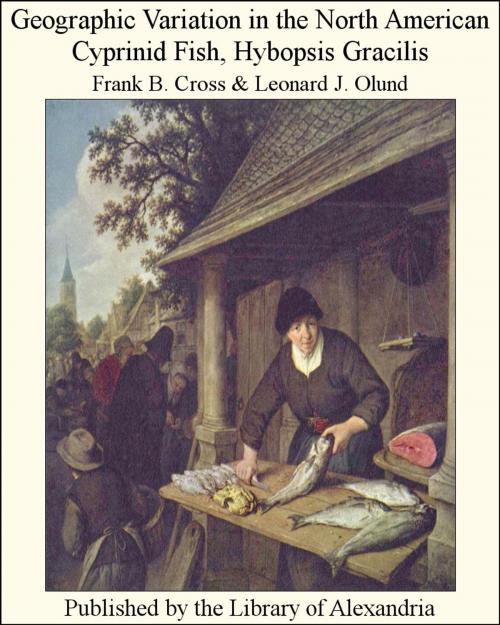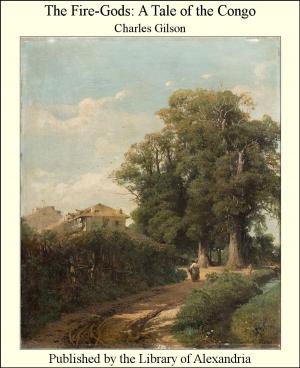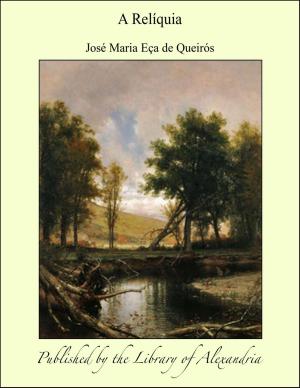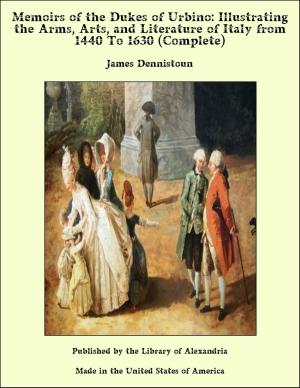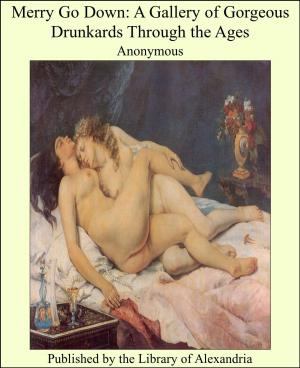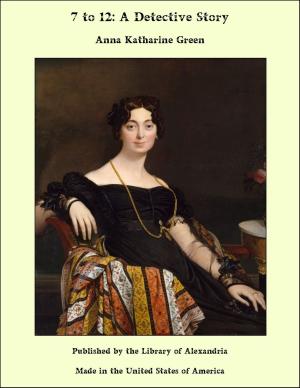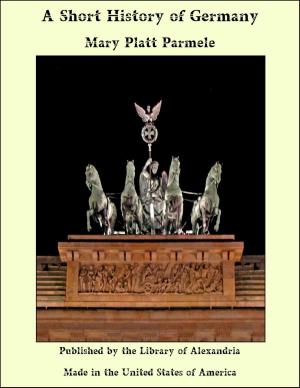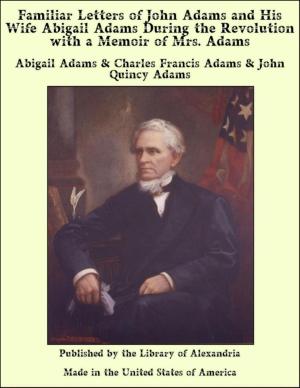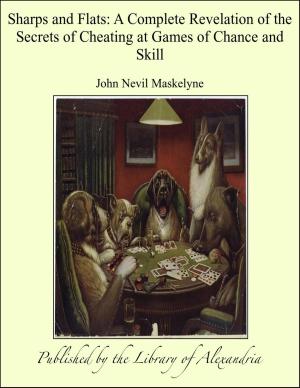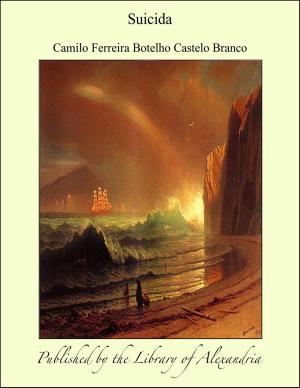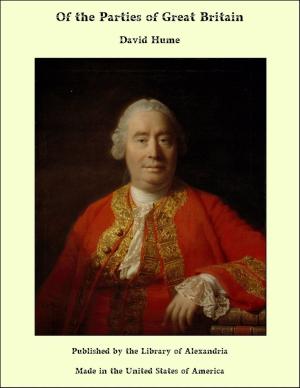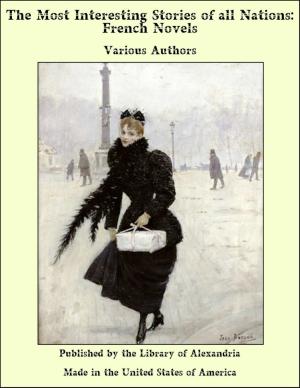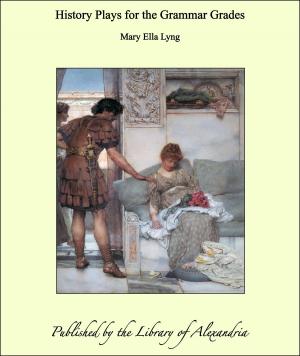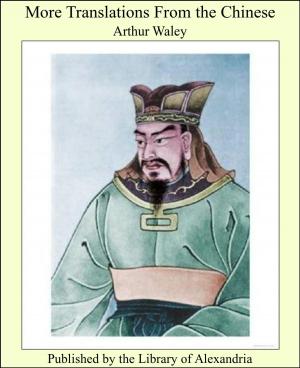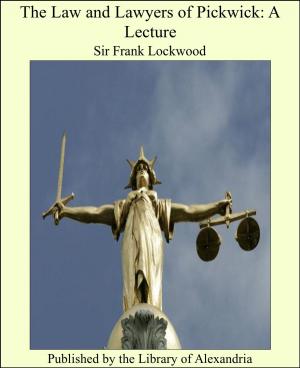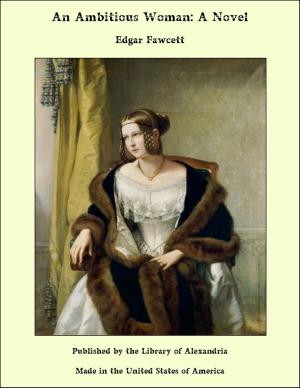Geographic Variation in the North American Cyprinid Fish, Hybopsis Gracilis
Nonfiction, Religion & Spirituality, New Age, History, Fiction & Literature| Author: | Frank B. Cross | ISBN: | 9781465519924 |
| Publisher: | Library of Alexandria | Publication: | March 8, 2015 |
| Imprint: | Language: | English |
| Author: | Frank B. Cross |
| ISBN: | 9781465519924 |
| Publisher: | Library of Alexandria |
| Publication: | March 8, 2015 |
| Imprint: | |
| Language: | English |
Miss Edgeworth's own letters all about this time are much more concerned with sociabilities than with literature. We read of a pleasant dance at Mrs. Burke's; of philosophers at sport in Connemara; of cribbage, and company, and country houses, and Lord Longford's merry anecdotes during her visit to him. Miss Edgeworth, who scarcely mentions her own works, seems much interested at this time in a book called MARY AND HER CAT, which she is reading with some of the children. Little scraps of news (I cannot resist quoting one or two of them) come in oddly mixed with these personal records of work and family talk. 'There is news of the Empress (Marie Louise), who is liked not at all by the Parisians; she is too haughty, and sits back in her carriage when she goes through the streets. 'Of Josephine, who is living very happily, amusing herself with her gardens and her shrubberies.' This ci-devant Empress and Kennedy and Co., the seedsmen, are in partnership, says Miss Edgeworth. And then among the lists of all the grand people Maria meets in London in 1813 (Madame de Stael is mentioned as expected), she gives an interesting account of an actual visitor, Peggy Langan, who was grand-daughter to Thady in CASTLE RACKRENT. Peggy went to England with Mrs. Beddoes, and was for thirty years in the service of Mrs. Haldimand we are told, and was own sister to Simple Susan. '"If you knew all she endures to look, speak, move, breathe like an Englishwoman, you would pity her,"' said Lady Langdale. '"Yes, and you CAWNT conceive the PEENS she TEEKES to talk of the TEEBLES and CHEERS, and to thank Q, and, with so much TEESTE, to speak pure English,"' said Mrs. Dareville. '"Pure cockney, you mean," said Lady Langdale
Miss Edgeworth's own letters all about this time are much more concerned with sociabilities than with literature. We read of a pleasant dance at Mrs. Burke's; of philosophers at sport in Connemara; of cribbage, and company, and country houses, and Lord Longford's merry anecdotes during her visit to him. Miss Edgeworth, who scarcely mentions her own works, seems much interested at this time in a book called MARY AND HER CAT, which she is reading with some of the children. Little scraps of news (I cannot resist quoting one or two of them) come in oddly mixed with these personal records of work and family talk. 'There is news of the Empress (Marie Louise), who is liked not at all by the Parisians; she is too haughty, and sits back in her carriage when she goes through the streets. 'Of Josephine, who is living very happily, amusing herself with her gardens and her shrubberies.' This ci-devant Empress and Kennedy and Co., the seedsmen, are in partnership, says Miss Edgeworth. And then among the lists of all the grand people Maria meets in London in 1813 (Madame de Stael is mentioned as expected), she gives an interesting account of an actual visitor, Peggy Langan, who was grand-daughter to Thady in CASTLE RACKRENT. Peggy went to England with Mrs. Beddoes, and was for thirty years in the service of Mrs. Haldimand we are told, and was own sister to Simple Susan. '"If you knew all she endures to look, speak, move, breathe like an Englishwoman, you would pity her,"' said Lady Langdale. '"Yes, and you CAWNT conceive the PEENS she TEEKES to talk of the TEEBLES and CHEERS, and to thank Q, and, with so much TEESTE, to speak pure English,"' said Mrs. Dareville. '"Pure cockney, you mean," said Lady Langdale
